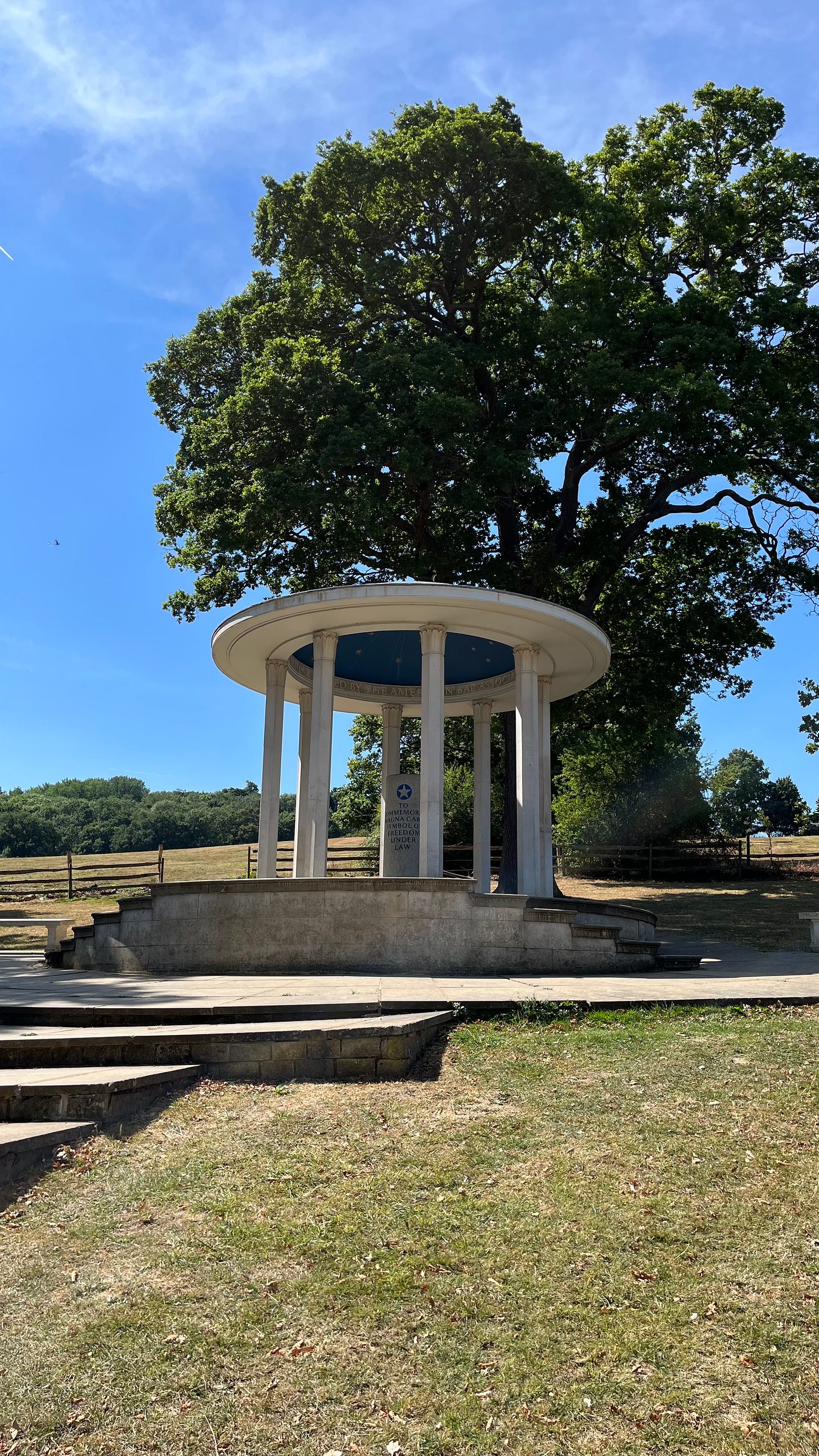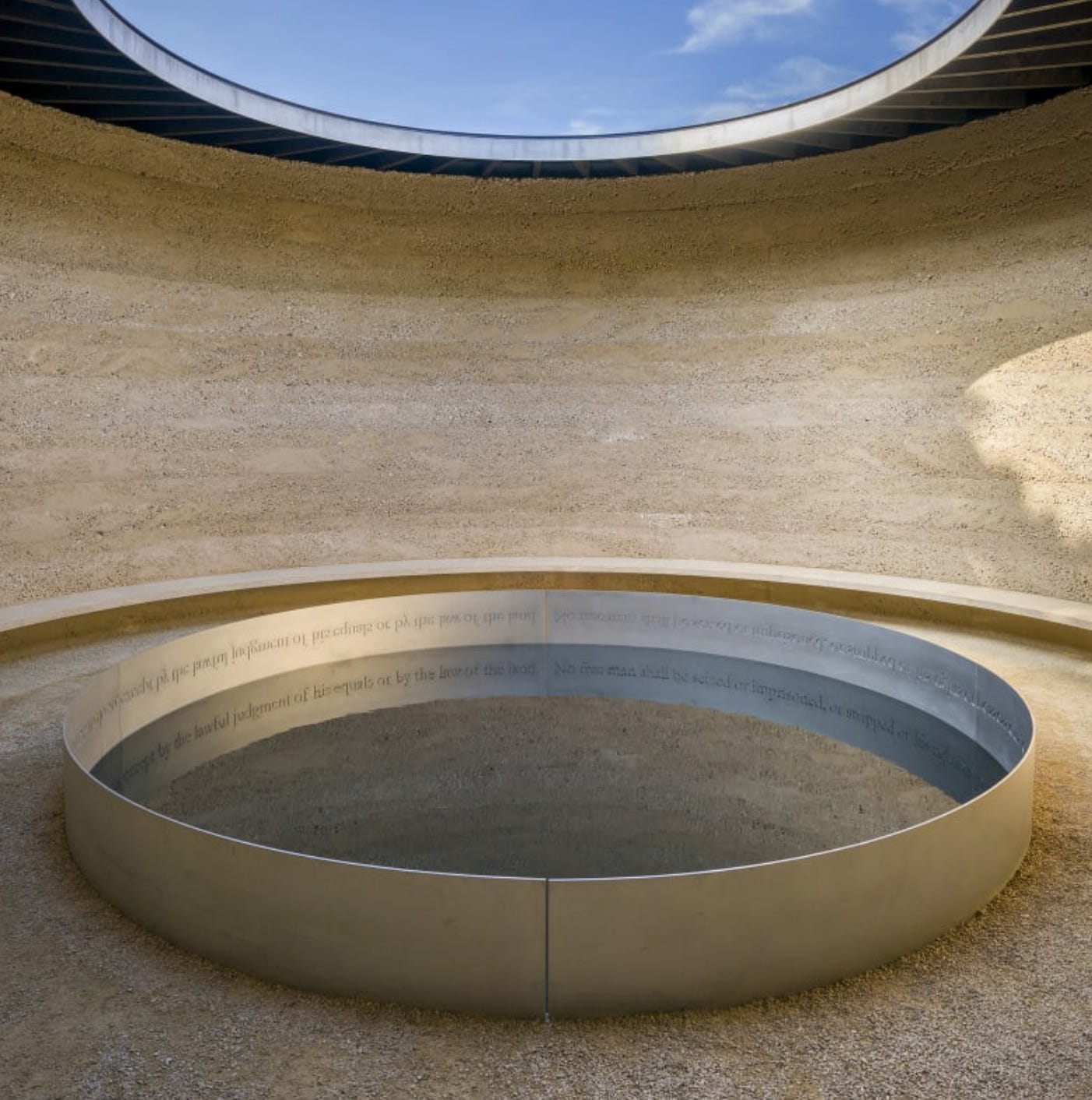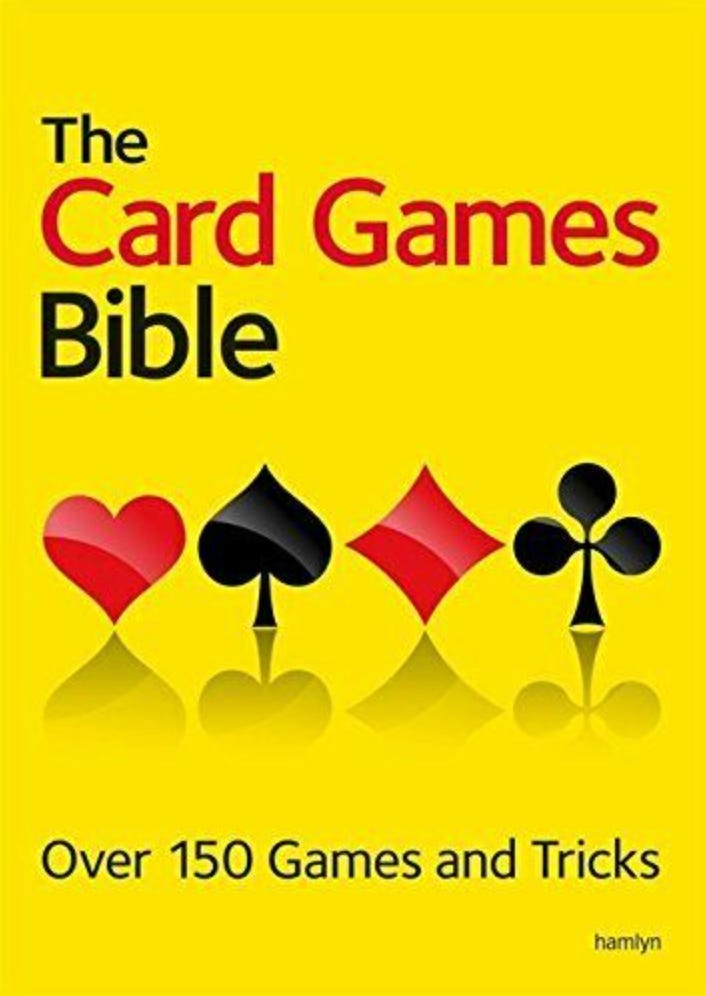Welcome aboard The Bus!
ORIGINALLY PUBLISHED (1.37) 11 AUGUST 2022
The Stop
Situated along the River Thames between Staines and Windsor, Runnymede is famous for being the location of the signing of Magna Carta, the ‘symbolic first step on the road to modern democracy.’1 The area itself - today a beautiful landscape composed of riverside meadows, grasslands and woodland managed by the National Trust - takes its name from the Old English ‘runieg’ (meaning ‘regular meeting’ or ‘council island’) and ‘mede’ (meaning ‘meadow). Though crucial political decisions had been made in these meadows since the 7th century,2 the events of 1215 are the area’s most important contribution.3
Magna Carta was a product of the early 13th century - and its 63 clauses address the pressing issues concerning its authors at that time. Consequently, the majority of the document does not deal with legal principles, but the ‘regulation of feudal custom and the operation of the justice system … the granting of taxes, towns and trade, the extent and regulation of the royal forest, debt, the Church and the restoration of peace.’ In fact, only four of Magna Carta’s clauses remain valid in British law today. However, while Clauses 1 and 13 might remain on the books,4 Clauses 39 and 40 are the ones of ‘enduring importance to people appealing to the charter over the last 800 years.’
Both clauses ‘remain law in the UK today, and provided the basis for important principles in English law developed in the fourteenth through to the seventeenth century.’ The ideas inherent to these clauses were eventually 'exported to America and other English-speaking countries’ because ‘their phrasing … gave these provisions a universal quality.’ These two clauses are also commemorated by two very different installations at Runnymede:5
Clause 39 - No free man shall be seized, imprisoned, dispossessed, outlawed, exiled or ruined in any way, nor in any way proceeded against, except by the lawful judgement of his peers and the law of the land - is the focus of the art installation Writ in Water.6 Commissioned by the National Trust, designed by Mark Wallinger7 and built in 2019, this installation ‘reflects upon the founding principles of democracy, and through a meeting of water, sky and light, provides visitors with a space for reflection and contemplation.’
Clause 40 - To no one will we sell, to no one will we deny or delay right or justice - is commemorated by the Magna Carta Memorial. Designed by Sir Edward Maufe8 and funded and built in 1957 by the American Bar Association, the monument celebrates the influence of Magna Carta on the American Constitution and the Bill of Rights - in particular, Clause 40’s role as foundation for the presumption of innocence and the burden of proof.
The Detour
Today’s Detour is to an article from Lapham’s Quarterly which looks at the historical figure behind the figure of Faust. Evidently, there really was a Dr Faustus - a great magician of the Renaissance who sold his soul to the devil. But how much is legend? And how much is true? If you’ve read or seen any of the many versions of this bargain (and one scholar estimates that since the 16th century around 20,000 books have fictionalised this agreement), it’s an interesting read.
Speak of the Devil: The who, what, where, and why of Faust and his legend
The Recommendation
Today’s Recommendation is a bit different - but in the heat, card games can help to pass the time. Hamlyn’s The Card Games Bible is a great collection of over 150 card games and tricks that range from card games for one, two and three or more players, to ones for kids, games for parties, numerous styles of poker and many tricks. It’s certainly fun.
From the back: This is the ultimate card-player’s companion, crammed with over 300 pages of games to provide hours of entertainment. It includes a tricks section, which gives you ways to astound friends and family with your seemingly effortless skills. Both games and tricks cater for a range of abilities so that you can progress and expand your repertoire. Bridge, Brag, Poker, Rummy and Cribbage - all the classics are here, along with all their variations, as well as lesser-known games such as Red Dog and Klaberjass. Easy-to-follow explanations for each game and trick together with clear illustrations make this the perfect card book for any family.
The Sounds
It’s HOT in England right now [Driver’s note: It was when this was originally published; now it’s COLD.] and so today’s playlist is composed of five songs I thought sounded great in the heat: Blackstreet’s ‘No Diggity’ (1996), Arrested Development’s ‘Tennessee’ (1992), A Tribe Called Quest’s ‘Can I Kick It?’ (1990), Massive Attack’s ‘Karmacoma’ (1994) and Outkast’s ‘Prototype’ (2003). Put them on, have a cold drink and sit for a while. Enjoy.
The Thought
Today’s Thought is a quote from Yuval Noah Harari:9
‘History began when humans invented gods, and will end when humans become gods.’
If you have a thought on this Thought - or any part of today’s issue - please leave a comment below:
And that’s the end of this stop - I hope you enjoyed a brief diversion from your regular journey!
Thanks to everyone who subscribes - I genuinely appreciate your interest and support. If you like The Bus, please SHARE it with a friend or several hundred.
If you haven’t climbed aboard, please do!
Until the next stop …
Magna Carta (‘Great Charter’ in English) was the ‘charter of liberties granted by King John on 15 June 1215, under threat of civil war … [it] provided the foundation for individual rights in Anglo-American jurisprudence.’ For more information, see: Magna Carta (Britannica)
The Anglo-Saxon kings used the meadows for Council meetings, a geographical precedent that hadn’t ended by the time John’s hand was forced.
Sources for this Stop include: Runnymede (National Trust), Magna Carta, Runnymede (Britannica), Magna Carta (British Library), Magna Carta (UK Parliament)
Clause 1 defends the freedom and rights of the English Church and Clause 13 guarantees the privileges of the City of London.
There are of course other impressive memorials and installations at Runnymede, including the official British national memorial to US President John F. Kennedy (see: JFK Memorial) and The Jurors, a powerful art installation designed to encourage visitors to sit and reflect upon the various issues and histories it depicts (see: The Jurors).
For a virtual tour of Writ in Water, see: Writ in Water
See: Mark Wallinger
See: Edward Maufe






